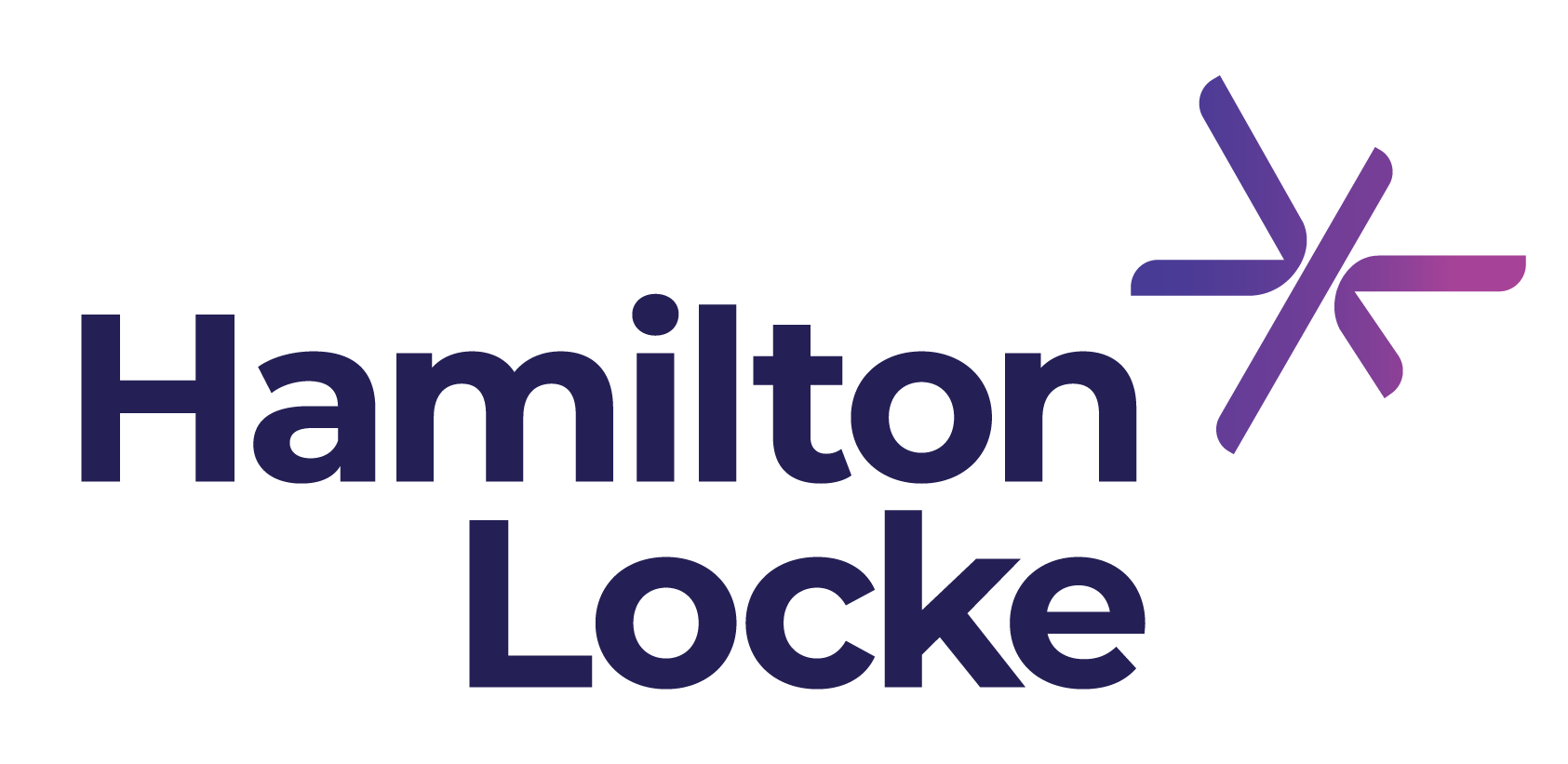BITCOIN REGULATION.
Published on Aug 11, 2014

Despite it’s somewhat shaky start as a payment system for drug dealers and other nefarious activities, Bitcoin is rapidly becoming part of the mainstream.
It’s one of the fastest-growing technologies since the birth of the Internet, primarily because it offers a low-fee payment gateway that bypasses expensive foreign currency remitters and banks.
ASIC doesn’t regard bitcoin as a financial product under the AFS laws and has indicated that that digital currency businesses won’t typically require an AFS licence to operate a bitcoin trading platform or provide advice in relation to bitcoin. On that basis, some businesses, like bitcoin exchanges or ATMs, won’t need an AFS licence.
But that’s not the complete answer because some services associated with bitcoins may well be financial products. For example:
- A facility by which people can use bitcoin to pay for goods and services may be a non-cash payment system for which an AFS licence would be required
- Bitcoin futures or other derivatives based on bitcoin would clearly be a financial product.
Operating without an Australian Financial Services (AFS) licence can attract serious penalties, not the least of which could be the need to suspend trading until the AFSL is granted.
Although compliance can be time consuming, there are commercial benefits for bitcoin businesses. If the public sees that bitcoin businesses are complying with the AFS laws, which are based around best practice, their confidence in using bitcoins will increase, which will have a positive commercial effect on the businesses and the industry as a whole.
The need for a licence will depend on the business model. Even small variations may be important. So Bitcoin businesses should take advice at an early stage to ensure that they are aware of their legal obligations.
If you have any concerns about any of these issues, please contact us.
Author: Claire Wivell Plater
August 2017


